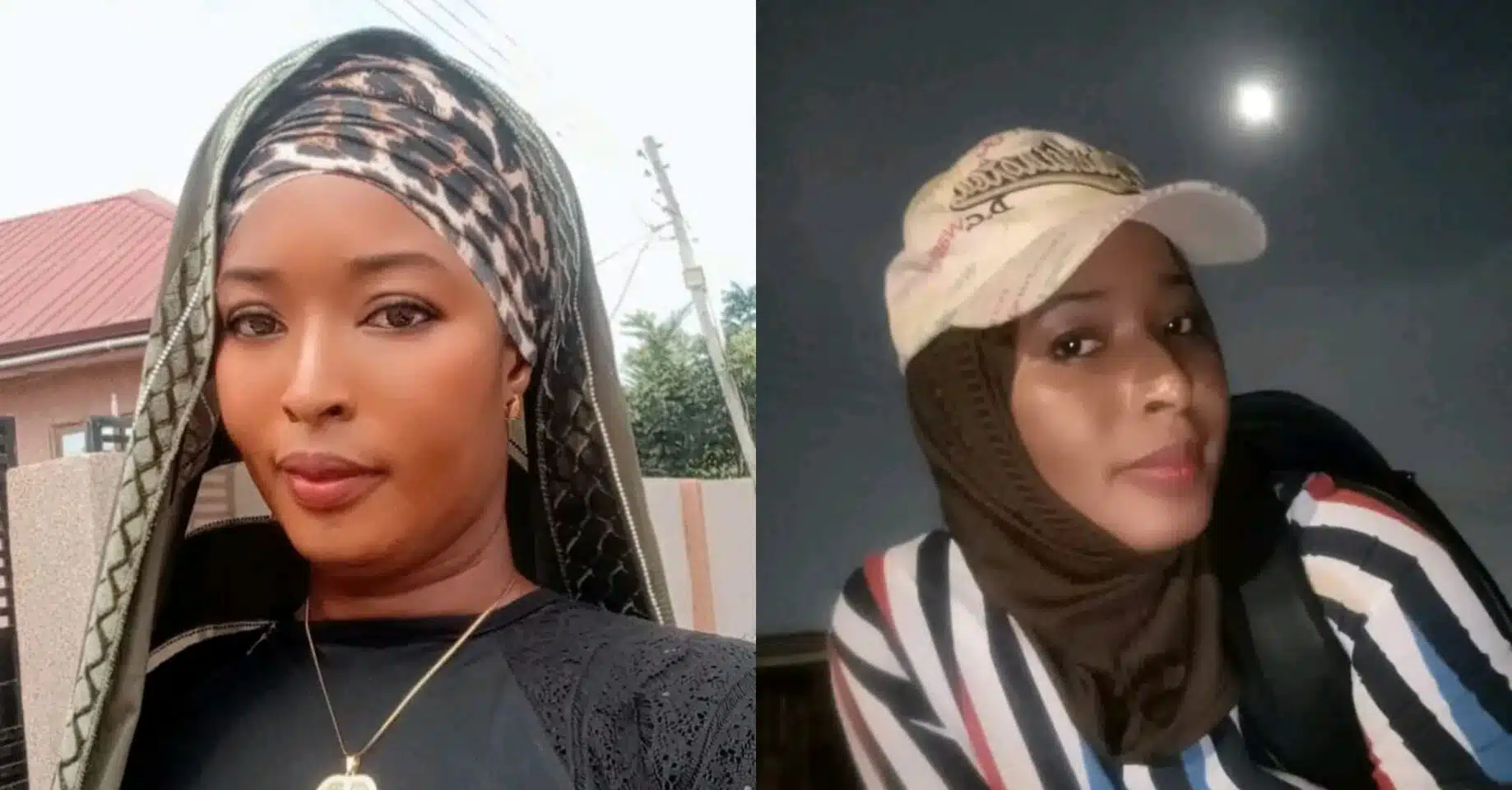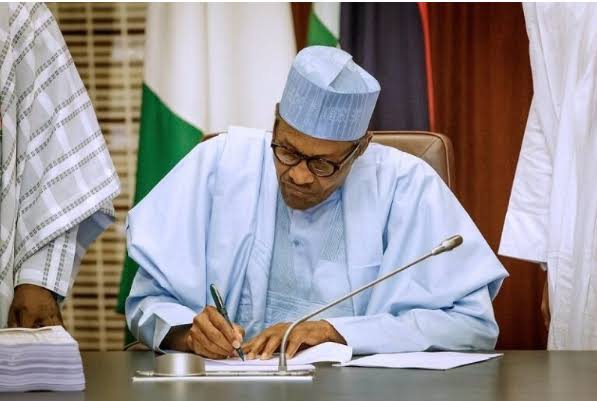
The presidential candidates of the Peoples Democratic Party, Atiku Abubakar, and his counterparts, from the Labour Party, Peter Obi, and New Nigerian People’s Party, Rabiu Kwankwaso, have proffered their respective solutions to the incessant strike actions by lecturers of public universities in the country.
They also promised to increase investments in the education sector to reverse the growing number of out-of-school children in the country and revitalise the health sector.
Atiku noted that the government should work with relevant agencies to avoid a bottleneck in the funds earmarked for the education sector in a bid to end the constant strike actions of the Academic Staff Union of Universities.
He said, “In terms of their arrears and their salary structure, the government must be prepared to invest more in the running of our universities. And then, we should also avoid a bottleneck in getting these funds to the right places which are the universities.
“In the current structure, there is a bottleneck. When the government releases funding to the universities it goes into another agency of the government and that agency now stifles the universities from getting this funding; forget about whether the fund is sufficient or not.
“Let me give you an example when I was vice president, I enlisted a few foreign missions, I found out that they were not receiving their salaries and allowances and were not paying remittances for months and I called the Minister of Finances then. Each embassy submitted its budget and after it was approved, we now started wiring these monies right to these embassies. The people did not like this, but it was the right thing to do.”
Obi, in his contribution lamented that the country’s investment in education is low compared to other nations, adding that the government needed to go back to its agreement with the ASUU and design a sustainable funding mechanism.
He said, “Our investment in education is low compared to comparable countries. In six years, our total investment in education by the FG is about N3.6 trillion. That is not up to South Africa which is the second-biggest economy and about the same year. In 2020, their budget for education is 380 billion Rands. If you convert this, you will see the difference, so, we need to invest in education.
“Overall, the funding of tertiary institutions needs to be restructured. We need to bring a lot of mix where the government will contribute, we have from the private sector who need this product to contribute. It is not something I believe the FG can continue to fund the way they are funding it.
“All they need now is to go back to the agreement, clear the backlog and then design a sustainable funding mechanism. It is very easy, we learn from what is happening in other countries of the world.”
In his contribution, Kwankwaso stated that his party’s blueprint addresses the issues raised by ASUU.
“In our case, we will do whatever it takes, not only to do the budget but to keep our eyes on the budget so that money goes down so that everybody will get his salary. So, we will do whatever it takes really, to put the money and not only that to keep our eyes on the money so that everybody benefits in the sector.
“And I can assure you that in our manifesto, all those issues raised by ASUU, were addressed, especially the issue of ensuring that these universities are upgraded or improved, and are taken to the best international practice before we start fully operating the other universities and other tertiary institutions across the country. So we’re on the same page with ASUU, if you look at our blueprint again,” he stated.






